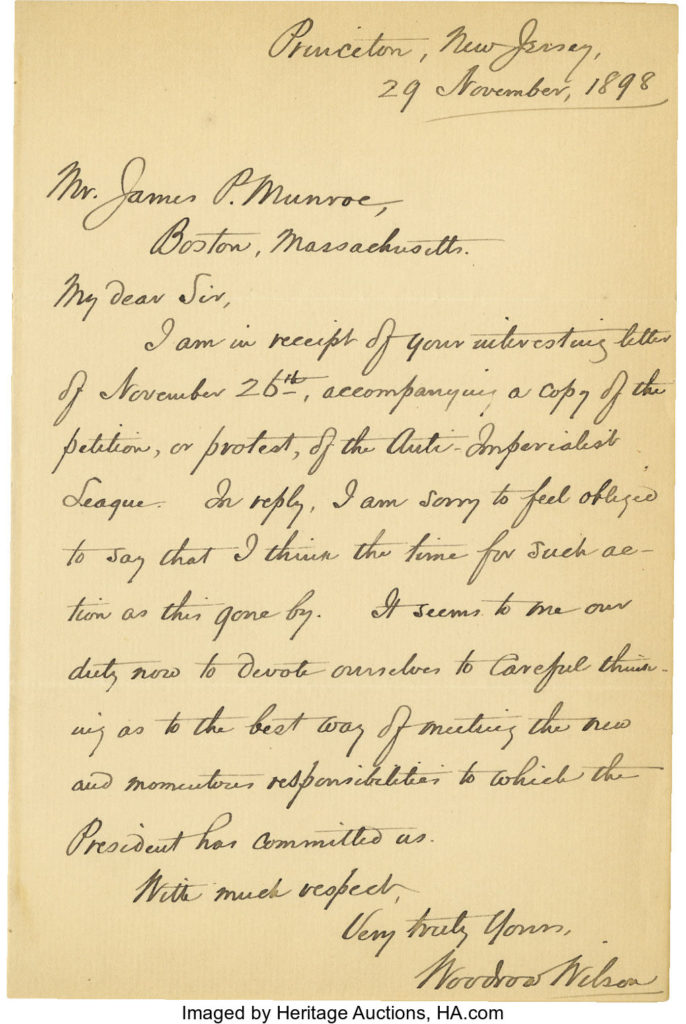
By Jim O’Neal
Many historians believe that the European exploration of the Western Hemisphere (1500 to 1800) was one of the most transformative eras in the history of civilization. The great Scottish philosopher Adam Smith (1723-1790) took it a step further and labeled it “one of the two greatest and most important events recorded in the history of mankind.” Much of the modern world is a direct result of these 400 years of colonization and transference of culture. In the end, the world seemed inexorably on the way to what we now call “globalization.”
It seems overly dramatic to me (and omits great chunks of transformative periods) but also unambiguously clear that – despite the broad participation of other important nations – the people from England and Spain had the most influence on the vast territories of the New World. However, these two genuinely great empires ultimately evolved into dramatically different societies. Also in the crystal-clear category is that, in the end, they both managed to dissipate the powerful advantages they had created.
A quick snapshot of the world today confirms this devolution. The once mighty Spanish Empire is reduced to a relatively small, unimportant European nation (with a shaky economy, disturbing brain drain and geographic unrest). The other powerful empire of even greater influence in the world is now back to being a small island, wracked with political dissent over further retreat from the European Union (Brexit) and a dangerously unstable government.
In their place is the most powerful, democratic, innovative nation in the history of the world. But even the remarkable United States has developed troubling signs that pose a real threat to a continuation of prosperity. If we don’t find a way to reverse the issues that divide us (basically almost every single issue of importance) and close the inequality gap, our future will inevitably end up like those that went before. An economic boomlet has masked deep, difficult issues that politicians are blithely hoping will somehow be solved by some unknown means. We lack leadership at a time when Waiting for “Superman” is not a prudent strategy.
Some believe we are in a steady decline and that China will surpass America in many important areas this century. However, that is pessimistic conjecture. It’s more useful to re-examine the factors that propelled us to a pinnacle of unprecedented prosperity. I find it more interesting to visit the past rather than speculate on a future with so many possible outcomes (e.g. extinction via asteroid collisions, interstellar travel or a billion robots with superior intellect). It is an unknowable with questionable benefits.
One simplistic way is to skip our story of independence from England and correlate the decline of the Spanish Empire with our annexation of the Spanish-speaking borderlands. It broadly occurred in three phases, starting with the annexation of Florida and the Southeast by 1820. This was followed by California, Texas and the greater Southwest by 1855. Mexico lost 50 percent of its land and up to 80 percent of its mineral wealth. The final phase occurred with the Spanish-American War of 1898, which added Central America and the Caribbean to complete the New American Empire.
Virtually every American president was complicit in varying degrees, bookended by Thomas Jefferson and Teddy Roosevelt, who wrote as if this was preordained by a benevolent entity. With immigrants flowing into the East, the promise of free land and the lure of gold in California, the land between the oceans became steadily populated and blended. The short war with Spain was merely the capstone for a century of annexation, population growth and a perfect balance of territory, people and economic development. The motivation was clear (“sea to sea”) and the manipulation perfectly illustrated by this anecdote:
Publisher William Randolph Hearst (eager to have a war to sell more newspapers) hired Frederic Remington to illustrate the revolution erupting in Cuba. In January 1897, Remington wrote to Hearst, “Everything is quiet. There is no trouble. There will be no war. I wish to come home.” Hearst quickly responded, “Please remain. You furnish the pictures and I WILL FURNISH THE WAR.”
A year later, the Treaty of Paris was signed and Spain relinquished all claims of sovereignty and title to Cuba (long coveted by the U.S. for its sugar and labor), then ceded Puerto Rico and Guam to America. The Philippines was (much) more complicated. The islands had been under Spanish rule for four centuries and waging a war for independence since 1896. The U.S. Navy prevailed and Spain sold the Philippines to the U.S. for $20 million. However, Filipino nationalists had no interest in trading one colonial master for another. They declared war on the United States. Finally, in 1946, the U.S. recognized the Philippines’ independence.
And that, dear friends, is how you build (and lose) an empire.
In a different time, we would simply annex the rest of Mexico, eliminate the border with Canada and create a North American juggernaut to counter China and end squabbling over a wall. We could help Mexico (now perhaps a few U.S. states), eliminate drug cartels, develop the entire Baja California coastline to match Malibu and take advantage of the outstanding Mexican labor force to rebuild infrastructure. All the wasted money on border security (DHS, ICE, asylum, deportations, etc.) would be spent rebuilding old stuff.
But, I will need your vote for 2020! (I feel certain Adam Smith would agree.)
 Intelligent Collector blogger JIM O’NEAL is an avid collector and history buff. He is president and CEO of Frito-Lay International [retired] and earlier served as chair and CEO of PepsiCo Restaurants International [KFC Pizza Hut and Taco Bell].
Intelligent Collector blogger JIM O’NEAL is an avid collector and history buff. He is president and CEO of Frito-Lay International [retired] and earlier served as chair and CEO of PepsiCo Restaurants International [KFC Pizza Hut and Taco Bell].
